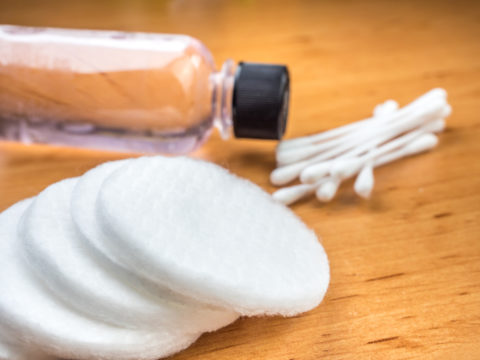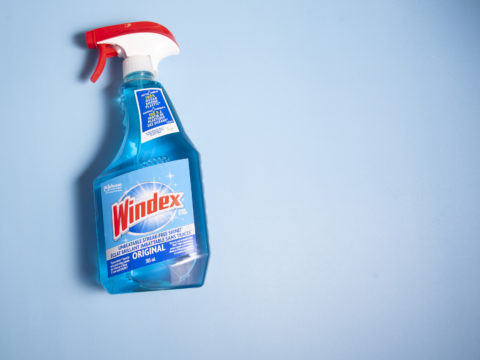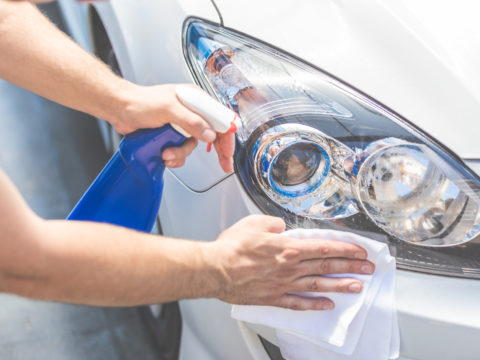Ants are great, sure. Ant infestations, not so much. Ant infestations in your car, possibly the worst of the lot!
And, as much as we would like to believe that your cars are insect-free safe havens, ants can and do get inside vehicles. Once there, they can really wreak havoc on your engine and other car parts.
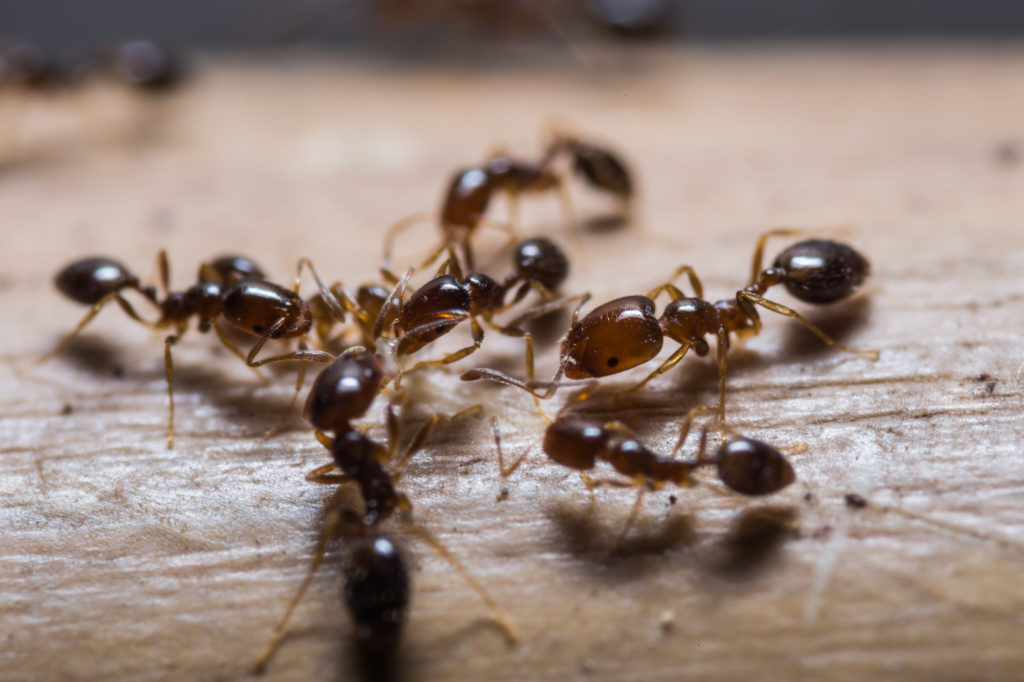
Contents
How do ants get into your car?
Ants haven’t had their worldly successes come by accident, they are designed to infest! Ants have a superb sense of smell and can carry weight very many times over their body weight. And if that isn’t enough, they’re tiny!
Ants use these special skills to find ways into your car. (Which I used to believe was more airtight than it actually is.)
Their most common entry points are:
- Air Vents
- Door frame cracks
- Engine mounts
These areas should be the first place you look when trying to uncover any ant nests in your vehicle, but more on that in a minute.
Why are ants attracted to your car?
Ants are foragers by design. Their primary modus operandi is to seek out and return to the nest with, you guessed it,
FOOD.
Food glorious food! Chip crumbs and salami!
Generally, if the food source is scarce and not replenished, the ants will have their feed and leave your car alone.
This is known as a temporary infestation. Other times though, if foodstuff remains consistent or the ants find another fuel source to sustain them, you will be dealing with a Permanent infestation. Which sounds about as bad as it actually is.
Food aside, ants also find their way into your car in search of a new place to call their own. Yes, that’s right, ants can make their way into your car TO BUILD A NEST in your engine or in the lining of your doors.
This is especially common when your car sits stationary for extended periods of time, giving ants a chance to use the structure and foam lining of your car to make a nest.
The most popular locations for ant nests are fender wells, engine compartments, and even the inside of cars under seats are under carpets.
These warm, dark and sometimes damp locations are havens for ant nests.
If nest building is happening elsewhere, ants may also infest your car to collect materials, like the foam lining mentioned above, to take to their nest site.
Drawbacks of having ants in your car:
Besides the rather obvious “Eww icky!” element to an automobile ant infestation, these little critters can do some real damage to your engine.
Nest building ants strip electrical wires in your engine, exposing the live currents and presenting a real fire hazard as more and more electrical cabling becomes exposed.
Ants will also clog vents and other parts of your car with debris as they charge forth on their empire-building campaign. A clogged radiator, for example, will completely overheat your car and potentially seize your engine.
The ant nest itself is also a huge clogging potential.
Not all ants are created equal either. Certain ants carry venomous bites in their arsenal and others still, while not necessarily highly venomous, have the capacity to trigger an allergic reaction when they bite you.
How to get rid of ants in your car?
Chemical ant removal options:
- Bait traps
Placing bait traps like Terro T300 Liquid Bait station
Under your seats is a very helpful way to remove ants. Be careful though of leaving children unattended in your car with these traps around, as they are harmful to humans.
- Bait gels
Placing gels like Maxforce Poison Tube gels into the linings of your car, where ants will try to break in, is an immediately effective strategy to stopping ants in their tracks.
You can also squeeze this gel into a jar lid and put it under your car seat.
- Fumigation
Fumigation is an intense but successful measure to remove ant infestations in your car.
Products like the Terro T401SR are great for this! Just be sure to give yourself enough time for the poisonous gas to dissipate before you drive your vehicle.
Biological ant removal options:
- Orange oil and other essential oils
Orange oil is a natural ant repellant (thanks for that nature!)
Spraying your car upholstery down with orange oil and other essential oils will deter ants and cover-up food scents.
These oils also work by covering up any pheromones left by scout ants, making it impossible for your car to be discovered by following ants. Think of orange oil as your sweet-smelling invisibility cloak.
- Dishwashing liquid/soap
Dishwashing liquid cleans off the grease that ants are feeding off of and also acts as biological warfare against the ants.
It does this by damaging the exoskeleton of the ants, causing them to die of chronic dehydration.
You can double down on these outstanding methods by mixing dishwashing soap and orange oil before generously spraying the mixture onto the upholstery, air vents and tyres of your car.
Remember to give your car the ventilation it needs though because seats and carpets made damp and mouldy will only attract more ants.
Physical ant removal options:
- Clean your rubbish!
Remove all food waste and packaging from your car as soon as you are done eating. It may also be helpful to not eat in your car at all for a time, as the inevitable crumbs will continue to lure ants into your car.
- Vacuum the ants up
Seems a bit cruel, but it is effective.
- Move your car around
Driving your car regularly is very helpful in shaking ant nests out of your car.
But, more than that, the place you park your car might be exacerbating the situation. Parking on grass or under trees puts you in prime ant-nest-building real estate. Try parking your car somewhere else for a while.
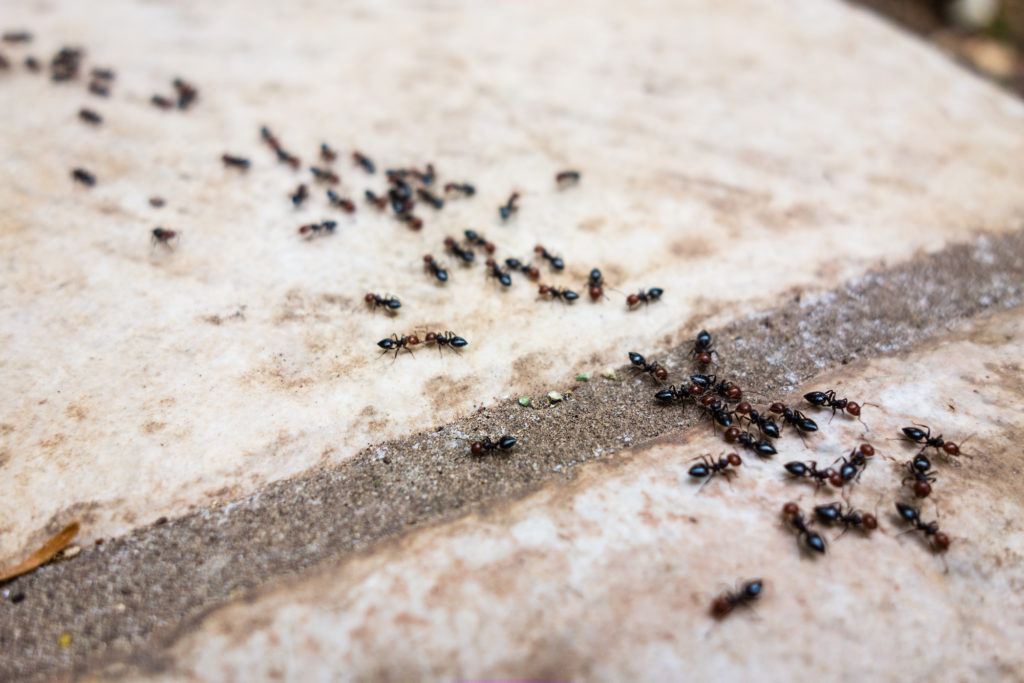
How to get rid of ants in car’s vents and engine:
Car vents are some of the earliest places you will find searching ants. The earlier you can remove these critters, the easier it will be to do.
Here are four steps you can use when you see ants in your air vents.
- Inspect all parts of your car to see the level of infestation and which species you are dealing with
- Try to find the nest and remove it
- Clean your car thoroughly — You can spray your engine down with water
- Use pesticides and bait stations in the car itself — Orange oil mixtures will be better for your vents and engine though, so try that first.
Preventing ants from getting into your car:
Now that we’ve got the pesky ant infestation out of your car, we need to make sure that we do not have a return appearance.
This is a one-act show, people, not an encore!
First off, keep all food crumbs and left-overs out of your car. You most likely will not be eating that three-day-old pizza crust on your dashboard, just throw it out.
Keep your car clean by vacuuming your upholstery and carpets often. Debris and plant particles brought in by your shoes can attract ants. Also, be sure that your car does not become damp or mouldy, as the fungus that comes with damp is a wonderful food source for ants and other insects.
Use an orange oil spray on and in your car to naturally repel any seeking ants.
Lastly, keeping your car moving will make it impossible for ants to colonize inside your vehicle. If, for whatever reason, you are unable to properly drive your car, try to find a parking space that is not in a natural ant environment. You can also keep them away from stationary vehicles by sprinkling ant poison around your car while it sits in one spot.
FAQ
Can I spray ant killer in my car?
Yes, you most certainly can.
However, make sure to fully ventilate your car before getting back into it to drive. Insect sprays are highly toxic and can cause lasting damage to your lungs, eyes, and airways.
Can I bug bomb my car for ants?
Yes, but be specific.
Choose an ant fumigation bomb that is designed for cars if you want to remove ants from your car.
These chemicals are highly dangerous and should be taken seriously. After your bombing escapade, ventilate and clean your entire car thoroughly.
It may even be worth getting your car cleaned professionally after you ant bomb it, to ensure its cleanliness.
Which is the best ant bomb for a car?
The Hot Shot No Mess Fogger is a superb choice for fogging your car and getting rid of your ant problems.
Can ants survive in a hot car?
Ants are highly adaptable and can withstand a high level of ambient heat.
Having said that, though, they will struggle tremendously in very high- temperature environments, such as a moving engine.
This is why driving your car is such an effective way to get ants out of your engine.


